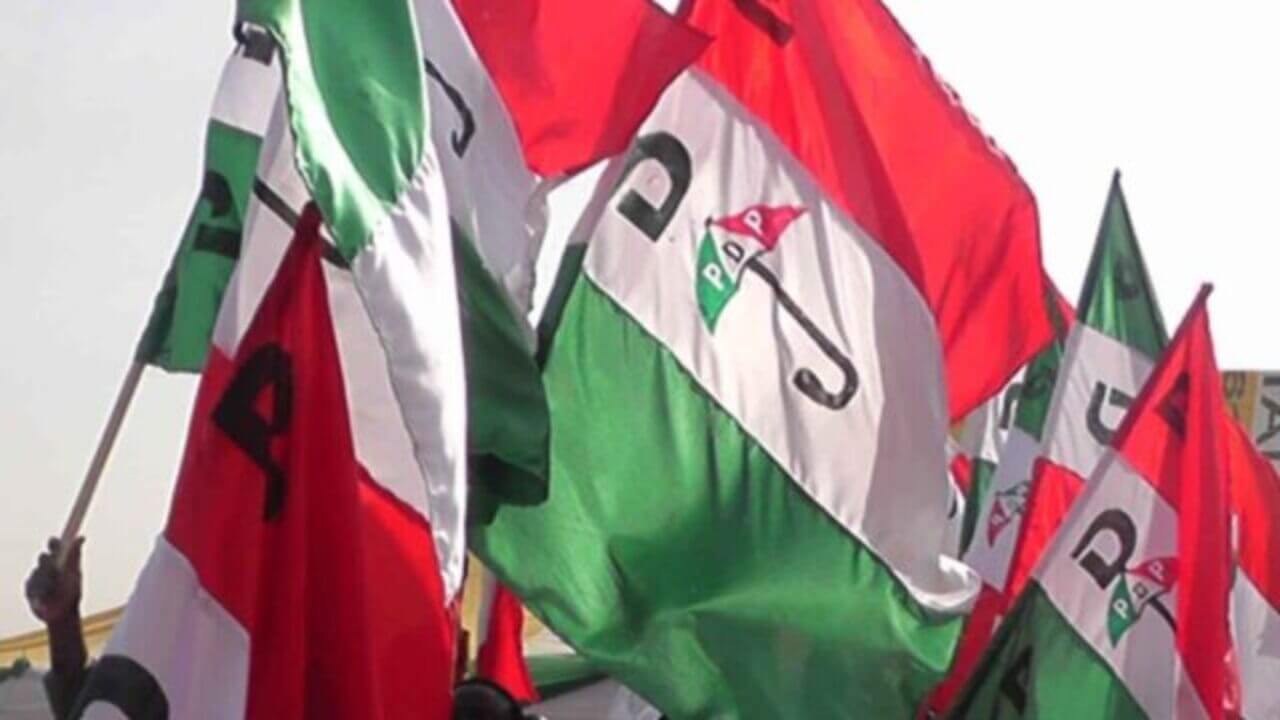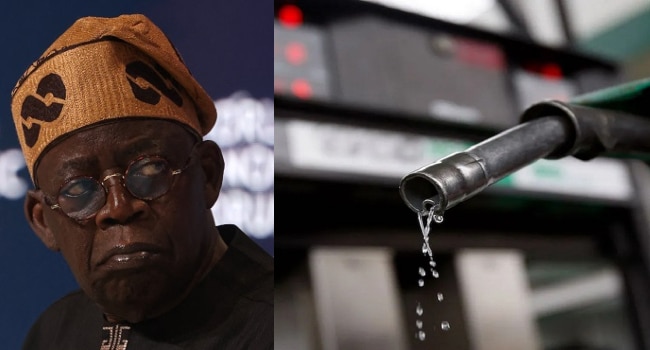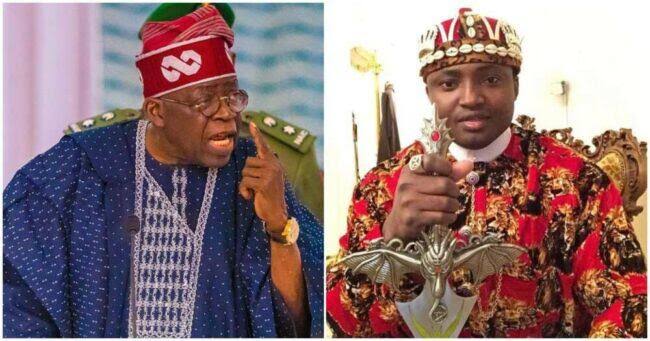Investment banker and Managing Director of NG Clearing Limited, Farooq Oreagba, opened up about his battle with cancer and how it changed his life for the better.
Oreagba said this in an interview with ARISE NEWS on Sunday, where he also discussed the Ojude Oba Festival, an Ijebu festival that is held annually, and how the festival, as well as other festivals around the country, could help the Nigerian economy if things are done right.
Oreagba described how his outlook on life changed dramatically after being diagnosed with multiple myeloma, a type of bone cancer, in February 2014, saying, “From the moment I was diagnosed with cancer in February 2014 – it’s an incurable form of cancer, so, your priorities change. You don’t know how much time you’ve got, you line up your list of priorities.
“For me, family first because I don’t know how long I’m going to be around, but by God’s Grace, I’m 10 years and counting, and I’m not about to – since I’ve been crowned King of Steeze – I’m not about to just go like that anytime soon.”
He also noted the illness has had an impact on his social circle, resulting in a reduction in his friends, saying, “I was a senior executive at the Exchange back in early 2000s, and prior to that, let’s say I had five million friends, right? When I left the Exchange in 2010, my five million friends went down to one million, you know how it is. When I was diagnosed with cancer in 2014, my one million went down to a hundred.
“So, it’s very important, that’s a very important lesson. So it’s important that what you take from that – you hold your friends close, keep your feet, you know ten toes down all the time, be yourself, as long as I don’t hurt anybody.”
Oreagba added that he has found fulfilment in supporting other cancer patients as a counsellor, as he shared, “I counsel cancer patients, I’ve been counselling cancer patients for a while. I was diagnosed with multiple myeloma, which is cancer of the bone in February 2014. I had a bone marrow transplant in August 2014, been in remission since.
“I did chemotherapy every day, 21 days a month for eight years. And I don’t do chemotherapy anymore, I’ve put on a bit of weight, I’m living my best life, I’m back working because it was difficult to take a full-time job when I was doing all that, and that gives me a lot of fulfilment.
“The first thing they ask me is why are you so happy? I’m alive, and as long as you’re in the game, you can win the game. Every day is a blessing, like I showed you, I live each day like it’s my last. I’m very passionate about my work in financial services, I’m very passionate about getting the cancer message across. Some of you may know I run marathons to raise money for cancer charities, just to give people hope, because I know how much it meant to me when I was really feeling the pain and one or two people just gave me that hope,” he said.
“I’m 58 and I say to you now, if I could live another 20 years, I would say being diagnosed with cancer was the best thing to ever happen to me. It changed my perspective on life. I don’t sweat the small stuff, what I’m there for, I’m there for it. Counselling cancer patients, trying to improve access to better healthcare, I’ll do that all day long.”
Oreagba also discussed the Ojude Oba Festival, an annual Ijebu festival that he has been a part of for 15 years, adding that the festival “is just an expression of who I am. I didn’t choose the clothes, the family chose the clothes, they’ve started arranging clothes now for what we’re going to wear next year.”
He added that the festival could be used to boost tourism and the economy, but the government will have to put in work to ensure that it works well, noting that the roads within Ijebu would need to be fixed or improved and accommodation: also need to be put in place.
Oreagba said, “If we’re going to reap the benefits of such festivals, it puts a lot of pressure on the government. Because if you’re going to have people coming in I hear UNESCO wants to make some of these festivals heritage. If you’re going to bring people – let me talk about Ijebu for example. If you’re going to have people coming to Ijebu or you want more people coming to Ijebu for this festival, someone’s going to have to fix the infrastructure.
“The roads will need to be fixed because you’re not going to invite people from across the world and then they’re going to come off the expressway and start – someone’s going to have to fix that. The roads within Ijebu would need to be fixed or improved. Accommodation – we’re going to have to have places for these people to stay.
“So, it’s a double-sided coin. On one hand, we can reap the benefits as an opportunity, but this opportunity will be lost if the people responsible don’t put certain things in place. But it is a great opportunity which can grow.”
Oreagba’s presence at the festival, often referred to as the “King of Steeze” by Nigerians, has been widely celebrated on social media. His traditional attire, adorned with tattoos and accompanied by a cigar, merges cultural heritage with personal expression.
Talking about his tattoo, he said, “People talk about my tattoos, I’ve had tattoos for years. I’m very particular about it. I try and make sure I don’t have a tattoo on my face, or my sleeves, I cover them when I’m in corporate mode.
“I’ve got tattoos everywhere, just to assure you. If you can read that one, it says, ‘I live each day as if it were my last, so don’t judge me, Carpe Diem’, that says, ‘Only God can judge me’. I’ve got my kids up here, I got another son up here. I mentioned when I had so many friends, I’ve got ‘Ride or Die’, you can see it there.”

 5 months ago
10
5 months ago
10















 English (US) ·
English (US) ·